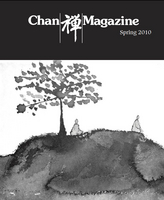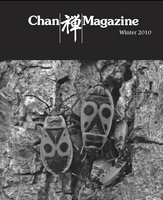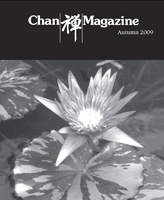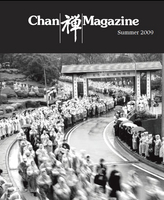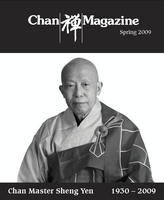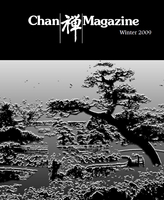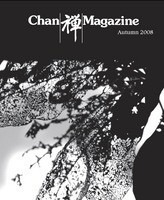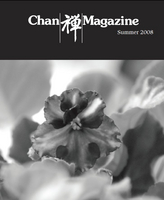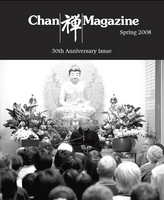Chan Magazine
The New York Chan Center publishes a quarterly magazine, the Chan Magazine. Many back issues are available online, and we link them on this page.
You may subscribe to receive the printed edition of the Chan Magazine by contacting the New York Chan Center. Subscription is free of charge, but of course donations are welcomed. Probably the easiest way to donate is to use the PayPal button on the home page of the Chan Center website, and add a comment to your donation, "for Chan Magazine".
Subsequent Issues of the Chan Magazine are available online from the Chan Center website where they also have back issues of the Chan Newsletter 1979 - 1997 available for download, with a list of titles of all past articles.


